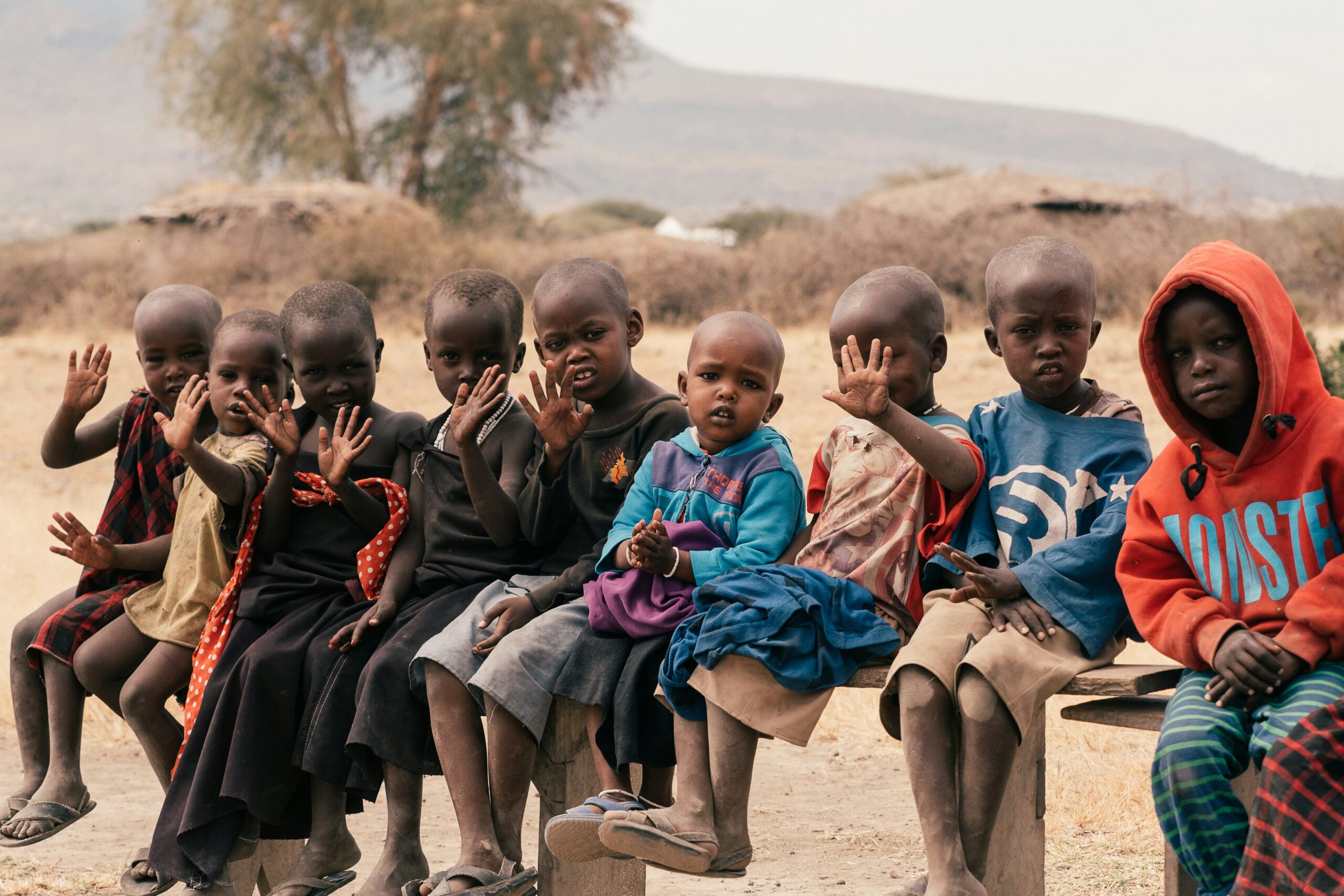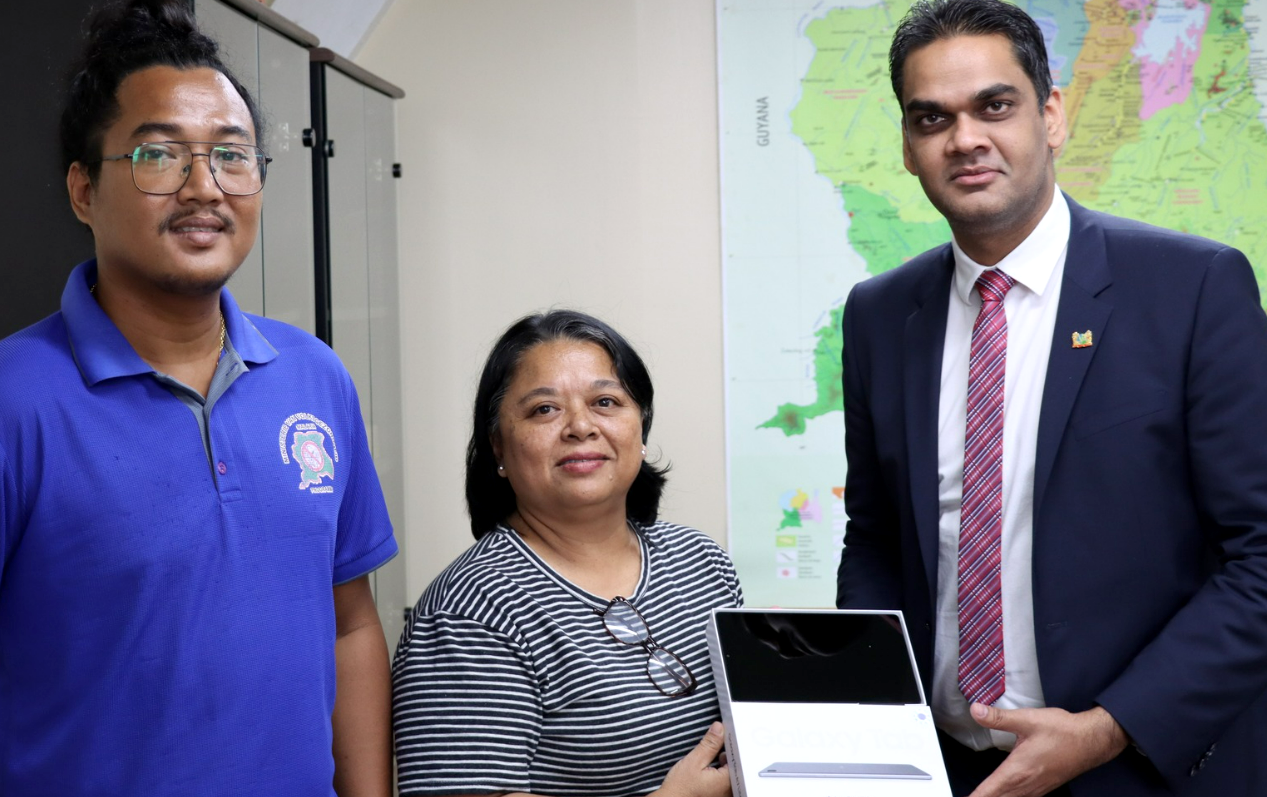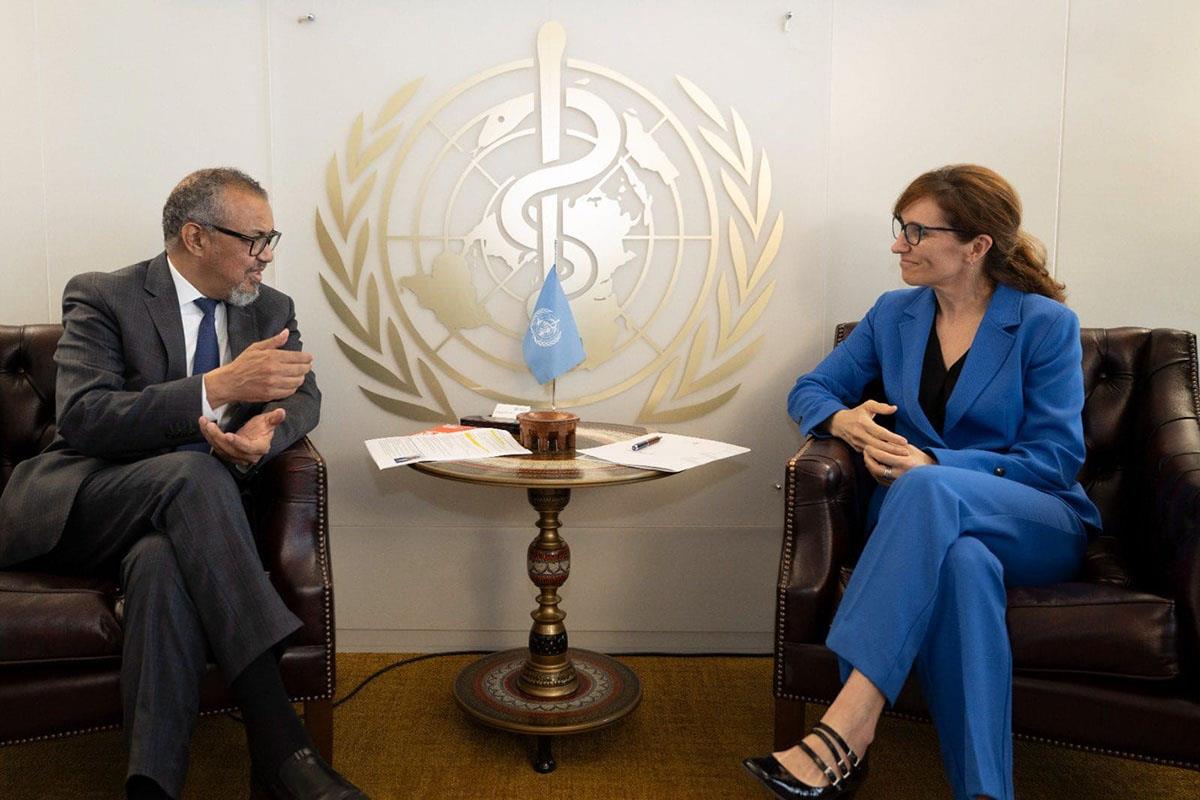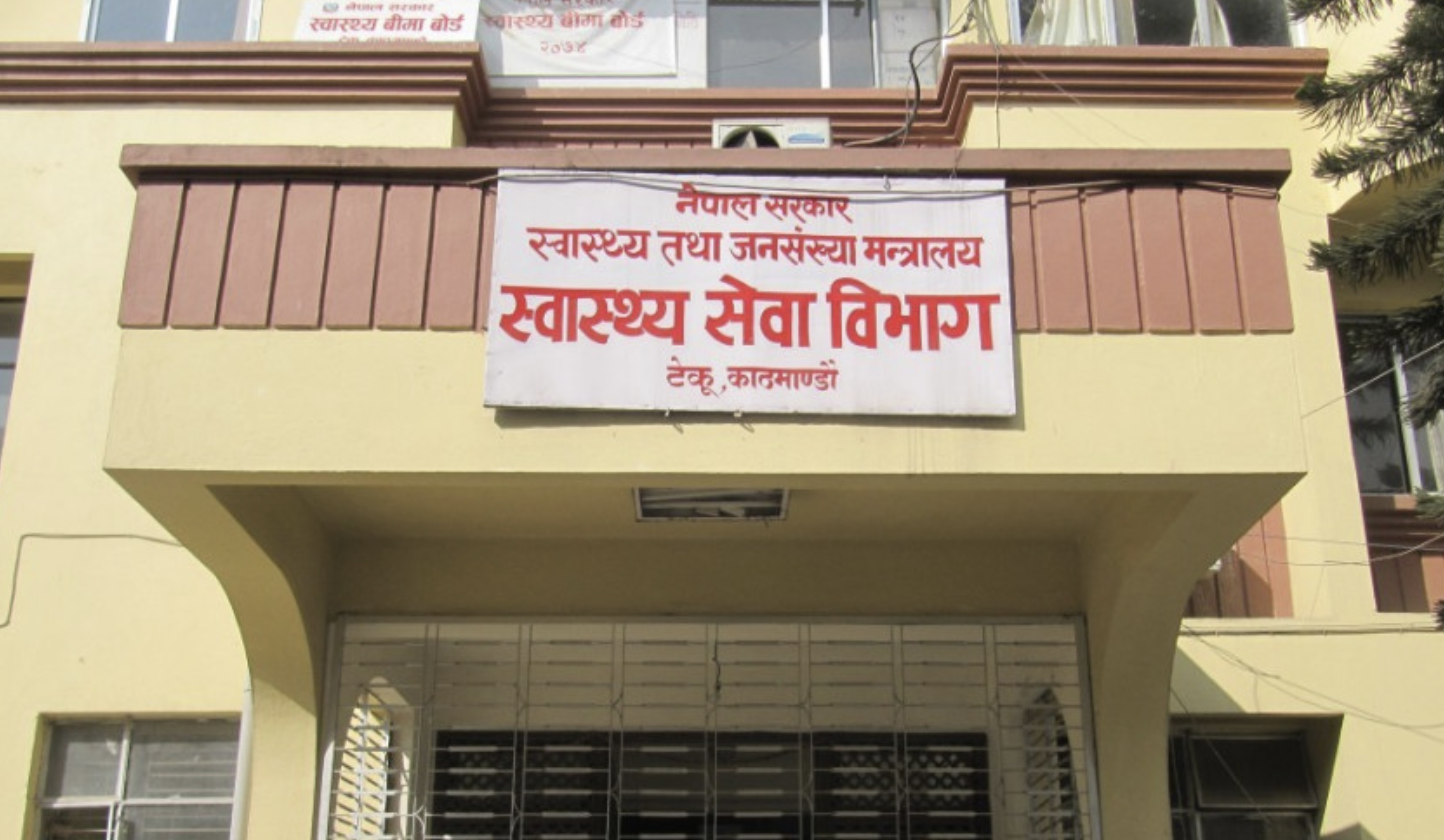The health system in Tajikistan operates under a centralized governance structure, primarily managed by the Ministry of Health and Social Protection, with the public sector serving as the main provider of health services. Despite efforts to reform and improve...
Effect of community-based health insurance on the use of health service and perceived quality of care in Bacho Woreda, central Ethiopia: A mixed method study
Ethiopia's Community Based Health Insurance (CBHI) scheme significantly enhances outpatient care utilization, as evidenced by a study in Bacho Woreda. The research found that CBHI members were more likely to seek healthcare services, with 60% expressing satisfaction...

Nigeria To Strengthen Health Security Through New Accountability Framework
Stakeholders from government, civil society, and public health agencies gathered in Abuja to validate a health security accountability framework aimed at promoting responsible health financing and equitable vaccine access. Dr. Celestine Okorie of HERFON emphasized the...
Navigating Nepal’s health financing system: A road to universal health coverage amid epidemiological and demographic transitions
Nepal is at a critical juncture in its journey toward universal health coverage (UHC), as it confronts the dual challenges of demographic shifts and a growing burden of non-communicable diseases (NCDs). These transitions are driving up out-of-pocket (OOP) healthcare...

Suriname’s Minister of Health speaks of health financing and other challenges
Surinam’s Minister of Health, the Hon. Amar Ramadhin, recently spoke to the press about a range of health systems’ challenges in the country, including health financing, non-communicable diseases and human resources for health.On the 30th of April 2025, the Hon. Amar...
Investing in health for a competitive, secure, and resilient Europe: A strategic call to action
A report by the EU Expert Advisory Group, convened by the Partnership for Health System Sustainability and Resilience (PHSSR), outlines the case for greater strategic investment in health across the European Union. Titled Investing in health for a competitive, secure,...

Spain launches global health strategy to drive equity and resilience worldwide
Spain has unveiled its Global Health Strategy 2025–2030 to strengthen global health equity, tackle climate-related health threats, and lead in research, innovation, and health governance.The Government of Spain has introduced the Spanish Global Health Strategy...
Attitudes towards the dual health insurance system and inequalities in health care in Germany – results of a population survey
A survey of 2,201 adults in Germany found that while about 77% believe all insured individuals have equal access to necessary medical care, only around 20% think the quality of care is the same between statutory and private insurance holders. Nearly 80% support...

Pacific health systems: Breaking the aid dependency cycle
US aid cuts have exposed deep Pacific health system vulnerabilities, highlighting dependence on foreign funding. Sustainable improvement requires system-building, stronger local accountability, and investment in workforce and governance for lasting health...
Danish primary care: a focus on general practice in the Danish healthcare system
Denmark’s primary healthcare system, centered on general practice, operates within a decentralized structure supported by public funding. Recent reforms focus on shifting care from secondary to primary levels to improve accessibility and coordination. Key challenges...
Trends in the financialisation of outpatient care across OECD countries
This OECD study examines the growing role of financial actors—such as private equity, pension funds, and insurers—in outpatient health care across OECD countries. Drawing on responses from health ministries and system-level data, it highlights increasing concerns...
Reproductive health financing in Uganda: results from the national health account study, 2019–2021
Uganda has made significant strides in its journey to achieve the Sustainable Development Goals (SDGs) by enhancing the health and survival of women and children during pregnancy, childbirth, and adolescence. This effort began in 2013 with the development of the first...

The Danish Health Authority initiates key health reform tasks
The Danish Health Authority is developing proposals for a National Health Plan, standardized general practice services, and chronic disease care pathways to improve access, quality, and coordination. The reforms, involving stakeholders, start in 2027 for a more...

Budget cap threatens years of Nepal’s healthcare gains
In the upcoming fiscal year 2025-26, Nepal will not initiate any new healthcare programs due to budget cuts, raising concerns about the sustainability of vital public health achievements, particularly in areas like maternal and child health. Officials from the...

Denmark boosts national psychiatric care system in ‘historic’ move
Denmark’s historic 10-year psychiatry plan boosts funding by 35%, focuses on early, local treatment, expands care for youth, reduces coercion, and integrates social support. Legal guarantees aim to cut waiting times. Major improvements are planned, but change will be...
